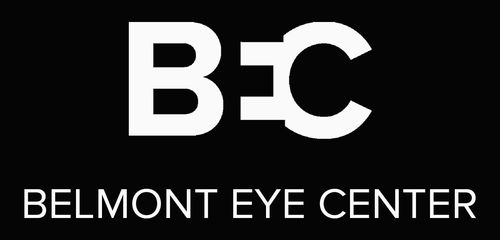Introduction
In a significant health alert, the FDA has recently announced a recall of 27 eye drop products. This recall, affecting major retailers like CVS, Rite Aid, Walmart, and Target, has raised concerns about the safety of over-the-counter eye care products. Belmont Eye Center is dedicated to keeping you informed and safe regarding your eye health. In this blog post, we will delve into the details of the recall, its implications, and how to ensure your eye health during this time.
The FDA Recall Explained
Background of the Recall
On November 15, 2023, the FDA issued a recall for 27 eye drop products manufactured by Kilitch Healthcare India Limited. This decision was made following the discovery of unsanitary conditions in the manufacturing facility and the detection of bacteria in environmental samples from critical drug production areas.
Products Affected
The recall includes a range of over-the-counter lubricating drops sold by well-known retailers such as CVS, Rite Aid, Target, Walmart, Leader, Rugby, and Velocity Pharma. A complete list of the recalled products is available on the FDA website.
Implications for Eye Health
Risks of Using Recalled Products
The primary concern with these recalled eye drops is the risk of eye infections, which could lead to partial vision loss or even blindness. It’s crucial for consumers to check if they have purchased any of the recalled products and to stop using them immediately.
FDA’s Vigilance on Eye Drop Safety
Gary D. Novack, a clinical professor at UC Davis Health, highlighted the FDA’s increased vigilance on eye drop safety this year. He emphasized that while ophthalmologic products need to be sterile, the same is not true for oral and dermatological products, making eye drops more susceptible to contamination.
Safe Use of Eye Drops
Continuing the Use of Non-Recalled Eye Drops
Novack reassures that eye drops, in general, are safe and sterile. He advises patients to continue using their prescription eye drops as directed by their doctors and to consult their pharmacists if they have concerns about a specific product.
Recommendations for Dry Eye Treatment
Jeffrey H. Ma, an ophthalmologist at the UC Davis Eye Center, suggests using preservative-free drops that come in disposable single-use vials, especially for treating dry eye disease. These drops are gentle on the eyes and can be used frequently throughout the day.
Preventing Eye Infections
General Tips
To prevent eye infections, it’s essential to practice good hygiene, such as washing hands frequently and avoiding touching or rubbing your eyes. Contact lens wearers should be particularly vigilant about cleaning and handling their lenses properly.
Recognizing Symptoms of Eye Infections
Common symptoms of eye infections include blurry vision, discharge, pain or discomfort, redness, a sensation of something in the eye, and increased sensitivity to light. If you experience any of these symptoms, it’s important to consult an eye care professional.
Belmont Eye Center’s Commitment
Our Role in Patient Safety
At Belmont Eye Center, patient safety and well-being are our top priorities. We are committed to providing up-to-date information and guidance, especially in light of recent recalls and safety concerns.
Comprehensive Eye Care Services
We offer a range of eye care services and treatments, with a focus on individual patient needs and the latest in eye health research and developments.
Conclusion
The recent FDA eye drop recall is a reminder of the importance of vigilance in product safety and personal eye care. At Belmont Eye Center, we are here to support you through this recall and all your eye health needs. Remember to check your products against the recall list and consult with eye care professionals for any concerns about eye health or vision care.
For the most current information and updates on the recall, please visit the FDA website. Your eye health is our primary concern, and we are dedicated to providing the best care and information to keep your vision clear and healthy.
